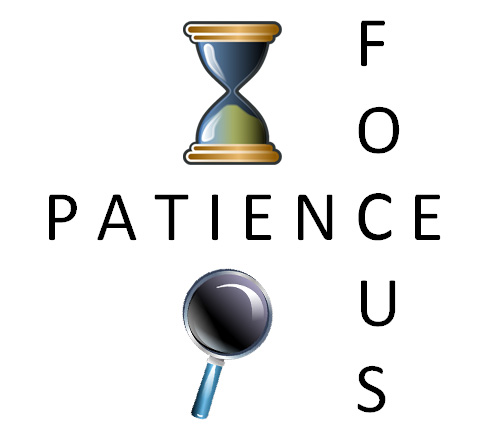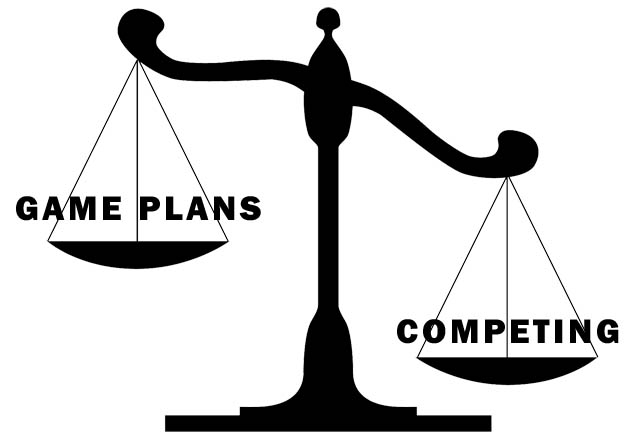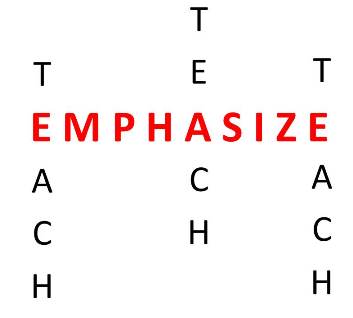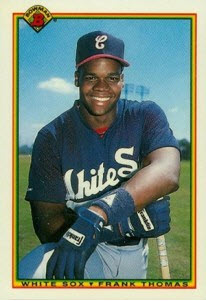Al and Life
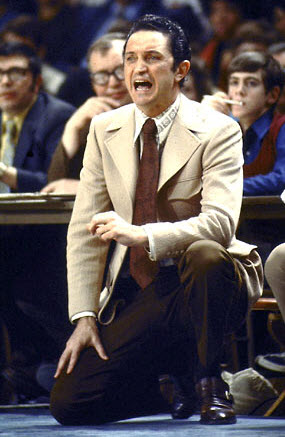
- “Every college graduate should take a year off and work as a cab driver or a bartender.”
- “When we win a championship we may cut the net down with a switch blade, but we will be the most disciplined team in the country.”
- “Either we all go uptown together or nobody goes uptown at all.”
- “Excuses are weaknesses.”
 The above represent the wit and wisdom of the late Al McGuire, the outstanding Marquette University basketball coach and NBC basketball analyst.
The above represent the wit and wisdom of the late Al McGuire, the outstanding Marquette University basketball coach and NBC basketball analyst.
I was very fortunate to get to know Al pretty well during the fifteen years that I co-directed his Chicago camps along with the late Bill Gleason.
I never met anyone who lived life more on his terms than Al. When he took his motor cycle to work at Marquette and came to a certain stop sign, he had to make a decision. If he turned right, he went to work. If he turned left, he rode to the countryside and enjoyed the day.
One night John Wooden had this to offer on Al. He said Al had worked his UCLA basketball camp and on the last day the coaches would have a party. Al was bartending when Coach Wooden brought him his plane ticket to get back to Milwaukee. Al thanked him, introduced Coach Wooden to the bartender whom Al had just met that night, and then told him he would not be going to Milwaukee as he and the bartender were going to Vegas. Coach Wooden was stunned.
My friend, the late Kevin Donlan, was refereeing a Marquette-Notre Dame game and when he went to administer a free throw, he turned around and Al was at the free throw line commenting on Kevin’s officiating. Kevin told him he was going to assess one technical foul for each step that it took for Al to get back to the bench. Al thought for a moment; called two of his players to him; and had them carry him to the bench. Kevin ruled no steps; no technicals. Digger Phelps, the ND coach, went nuts!
NBA teams would call to offer him their head coaching position. Al felt the players made too much money compared to the coaches. So, he told the owners he would only come if they gave him a percentage of the gate. He knew his teams would bring in spectators.
On recruiting he had two insights: recruit Mom and don’t recruit guys with a front yard of grass.
Can leaders take an insight from Al’s wisdom? We may have a lot of responsibilities but we are here only once. Take that left turn at the stop sign and enjoy life and the blessings we have.

